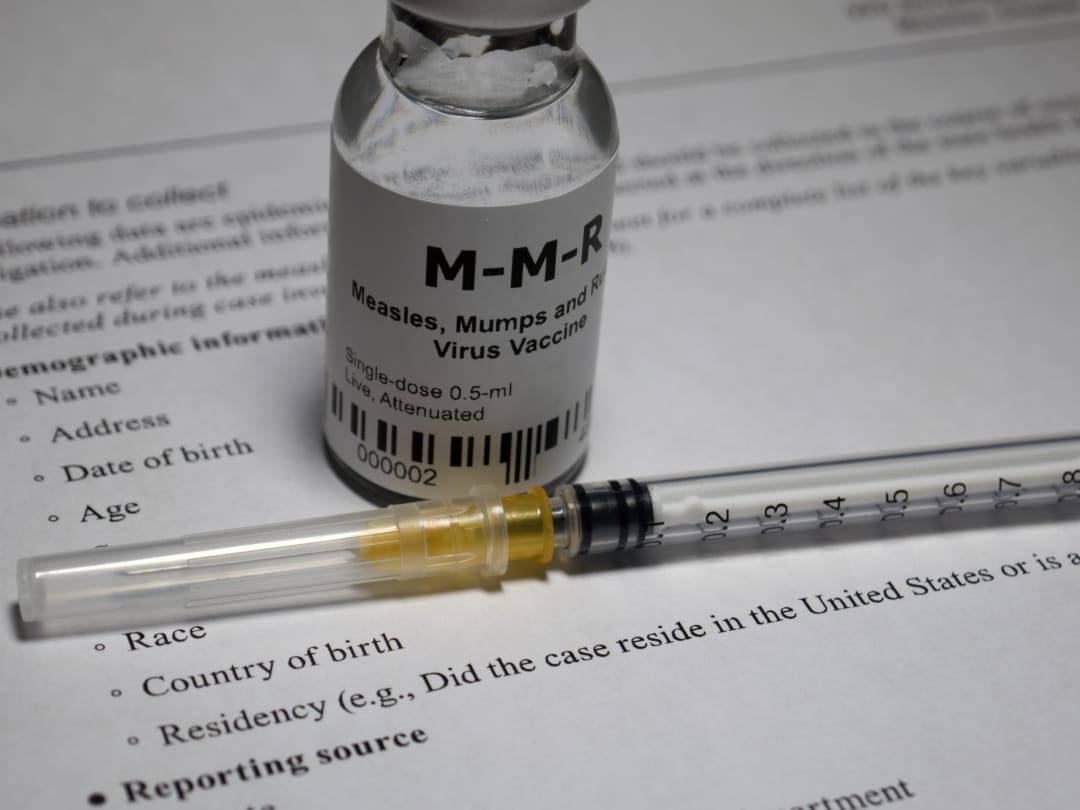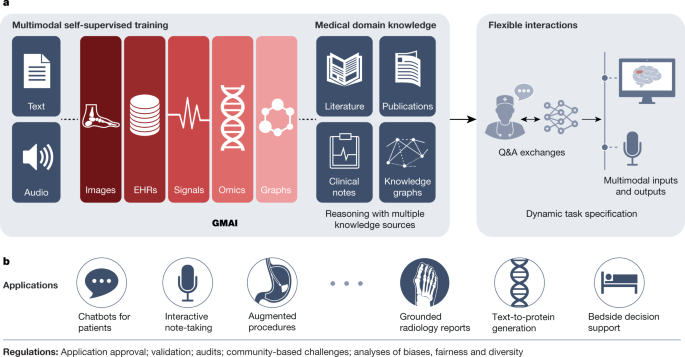Should You Get a Measles Vaccine Booster? > News > Yale Medicine

The good news is that most people have immunity to measles either through immunization or previous infection, Dr. Roberts says. The two MMR shots given to children are considered full immunization for life, and no additional vaccination is needed.
People born before 1957 are considered to have “presumptive evidence” of immunity, because nearly everyone born during this period got the disease during childhood. But health-care workers born before 1957 who don’t have proof of immunity should consider getting the vaccine.
Older children, adolescents, and adults born after 1957 should get at least one MMR shot if they have never had the measles or been vaccinated for the disease (or aren’t sure if they have)—that is, if they don’t have written documentation or other proof of immunity, according to the CDC. Among these individuals, certain groups should get two MMR shots at least 28 days apart; this includes people at high risk for exposure, including students at post-secondary institutions, health-care workers, international travelers, and women of childbearing age before they become pregnant.
Anyone 6 months or older should be vaccinated if they are in an area where an outbreak is occurring. If they will be traveling internationally, the CDC provides advice on being fully vaccinated before they leave, regardless of their destination.
Another group that may be at risk is adults who were immunized between 1963, when the first measles vaccine was approved, and 1967. During that period, some children received an inactivated (killed) measles vaccine that was less effective than the live vaccine. If you know that you got the inactivated vaccine and not the live one, or aren’t sure, you should get at least one dose of the live MMR vaccine, according to the CDC. The CDC provides more information on how many MMR shots you may need—if you still aren’t sure, you should ask your doctor.
There are a few ways to confirm your vaccination status, including records on paper or in a database. If you don’t have records from your childhood pediatrician, your state may have an Immunization Information System (IIS). The CDC provides more information on locating vaccination records on its website.
Alternatively, you can talk to your medical provider about having an MMR immunity blood test, which can show whether you have antibodies against measles.
If you decide that you do need a measles vaccination, check with your doctor to make sure that you’re eligible to get one. “Because the MMR vaccine is a live vaccine, some people cannot get it safely,” Dr. Roberts says.
Those who may not be eligible for the vaccine include people with weakened immune systems and those who have had an organ transplant or are receiving certain medical treatments, including chemotherapy, radiation, and immunotherapy. The vaccine is usually not given to children under 1 year of age, although it may be given to children as young as 6 months if they are traveling internationally or are in an area where there is an outbreak. (For a full list of people who should not receive the measles vaccine, check the CDC website.)
If you suspect you have been exposed to someone who has measles, call your doctor immediately so they can make a plan to determine whether you have immunity, evaluate you, and provide advice on what to do next. If you do get the illness and your case isn’t severe enough for you to go to the hospital, you should stay home and isolate yourself for four days so you won’t spread the virus to others, according to the CDC.
There is no specific antiviral therapy for measles, but medical care can help relieve symptoms and address complications.
link






